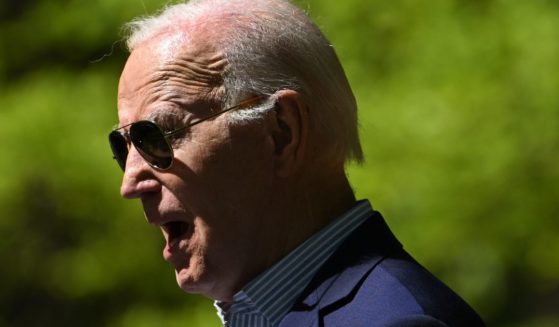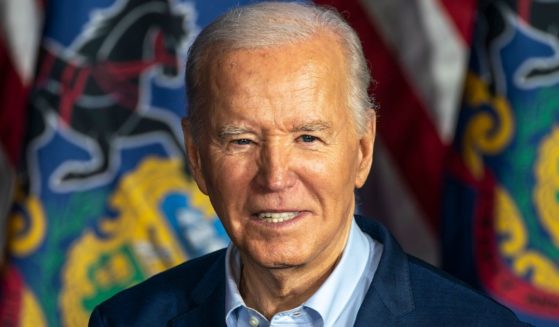Trump Tax Cuts Result in $218 Billion Gov't Surplus for April, Swamp Previous Record
April resulted in the biggest government surplus on record, and it could all be thanks to President Donald Trump’s tax cuts.
According to The Washington Times, the federal government took in $515 billion in April and spent $297 billion, leading to a surplus of $218 billion.
April is always a good month for the federal government, with so many Americans settling up with the IRS.
However, April usually isn’t this good. Analysts at the Congressional Budget Office were expecting a number $40 billion below that $218 billion surplus, which was America’s biggest April ever.
“Those payments were mostly related to economic activity in 2017 and may reflect stronger-than-expected income growth in that year,” CBO analysts said in a monthly review.
“Part of the strength in receipts also may reflect larger-than-anticipated payments for economic activity in 2018. The reasons for the added revenues will be better understood as more detailed information becomes available later this year.”
The second best month for the feds was April 2001, when the government surplus was $189 billion. Last April was close behind at $182 billion.
The best month during President Barack Obama’s time in office was April 2015, when the government surplus hit nearly $157 billion. Obama also did not see a single month where the federal government was in the black until April of 2012, nearly four years into his presidency and well into his re-election campaign.
While the official numbers will be released by the Trump administration in a few days, The Times noted that the CBO’s prediction usually lands within a few billion dollars of the actual total.
The news was big for the Trump administration, particularly since the CBO has generally been gloomy on the president’s tax plan.
The CBO had predicted in November that the tax plan could increase the deficit by $1.6 trillion over the next decade and put the annual deficit at more than a trillion dollars.
April could be proof that this is the Laffer Curve at work. As it stands, seven months into the fiscal year, the United States is running a $382 billion deficit, up $37 billion from a year before.
Homeland Security and the Pentagon have seen significant spending increases over the past few months, as has Social Security. In addition, inflation has made U.S. debt payments more expensive.
With that as a background, it’s worth noting the military was underfunded under Obama and DHS is part of the president’s signature issue of fighting illegal immigration. In that light, $37 billion isn’t too bad, particularly given the fact that Republicans keep giving in to Senate Democrats when it comes to spending priorities.
April’s results are powerful evidence that the economy is basically strong — and the tax cuts are likely part of this. There was more reason to do business and spend money in America, keeping unemployment low and confidence high.
As for that $37 billion increase, it’s worth noting that the Trump administration is taking its case for $15 billion in spending cuts to Capitol Hill on Tuesday. More proposals like that, along with increased government revenue, could mean the CBO’s worries soon begin to vanish.
Truth and Accuracy
We are committed to truth and accuracy in all of our journalism. Read our editorial standards.












